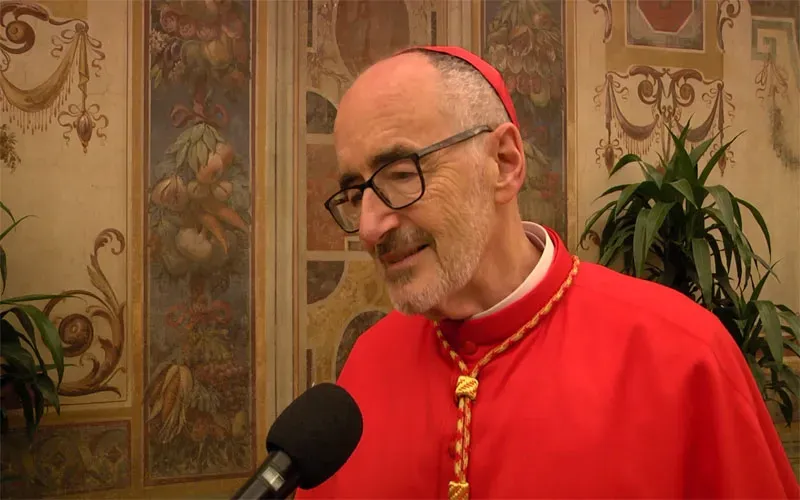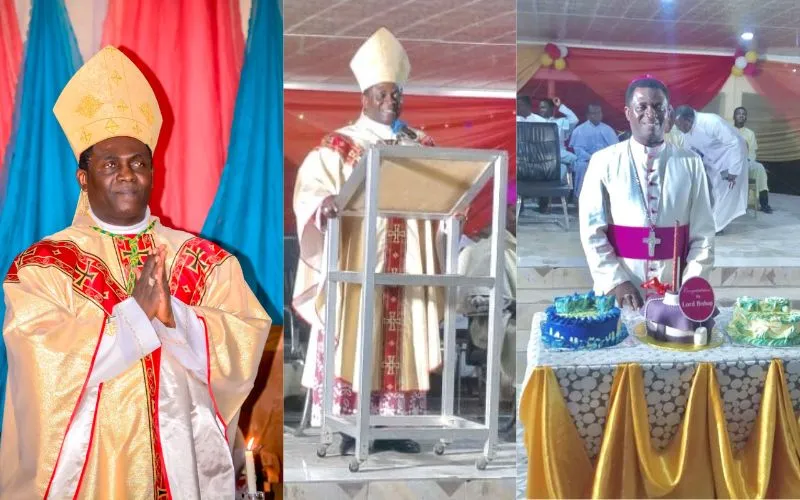Cardinal Czerny said that the different ways that Jesus walked can only prove to be relevant if they are well applied in “our Synodal walking”.
The Vatican-based Cardinal said that the Holy Father intends to make the “process of Synodality the thematic content” that invites the Church into learning “how to do something rather than doing it, or even learning how to produce something rather than the product.”
“When reflecting on the purpose and goal of 2023 Synod, what strikes me so much is the title itself, because Pope Francis is making the process of Synodality the thematic content. It is not immediately very concrete or very real or very practical,” he said.
The Prefect of the Dicastery for Promoting Integral Human Development added, “When we meditate on it, we realize that if we don’t learn how, we are not going to do very well and we will not find a way. It is not easy to make this great effort in order to learn how to do something.”
He continued, “Pope Francis himself expresses it as a way of learning how to Synod in order to become the church of the third millennium that God wants.”
(Story continues below)
The purpose of the ongoing Synod on Synodality, Cardinal Czerny went on to say, is to “strengthen the salvific mission of the church in the contemporary world through an integrated participation of all the faithful.”
The ongoing Synod does not seek to address any issue, but “to discover and to learn to prepare ourselves, our communities, our church structures for the communion, participation and mission that God is calling us to”, he added.
Reflecting on the theme of the Synod on Synodality which is outlined in the Preparatory Document as “For a Synodal Church, Communion, Participation, and Mission”, Cardinal Czerny said that the three aspects of the Church “are the names of the graces that we are seeking for, the graces we are asking from God with the help of the Holy Spirit.”
Speaking at the September 28 virtual event, Dr. Nonterah, a theological and comparative ethicist, underlined the need for a collaborative approach in the relationship between members of the Clergy and the Laity so that “all voices” matter.
“It is time for all voices to matter, and so in my opinion, clericalism does not help in this process,” she said, and added, “What will help the process is when we understand that every baptized person qualifies to be part of the decision-making process, weather Cleric or not.”
“This is because clericalism encourages the top-down decision-making process, which is not what we want to achieve in the Synodal process that involves participation, communion and mission,” the lecturer at the Religious Studies Department of the Kwame Nkrumah University of Science and Technology (KNUST) in Ghana said.
Silas Mwale Isenjia is a Kenyan journalist with a great zeal and interest for Catholic Church related communication. He holds a Bachelor’s Degree in Linguistics, Media and Communication from Moi University in Kenya. Silas has vast experience in the Media production industry. He currently works as a Journalist for ACI Africa.





